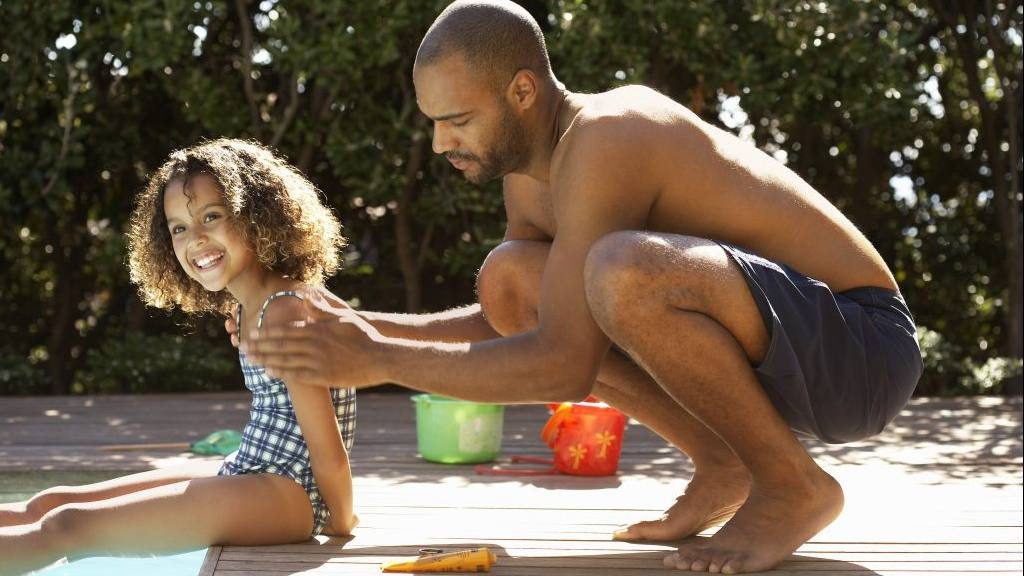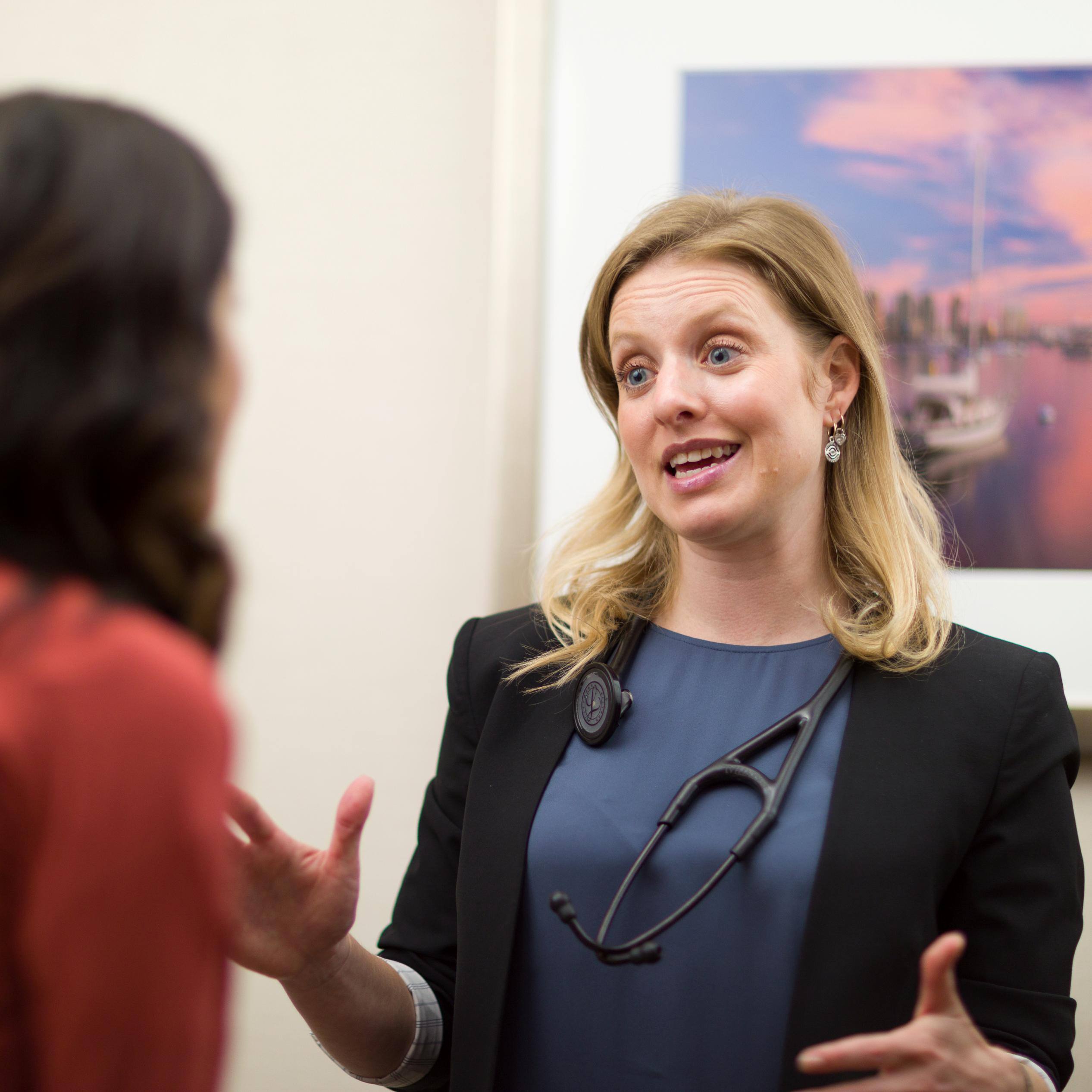-
Mayo Clinic Minute: Sunscreen has a shelf life and other facts to know
Did you know sunscreen has a shelf life and can expire? Or that too much heat or cold can ruin a new bottle?
Protecting your skin from harmful sun rays will help against inflammation, burns, premature aging and, most importantly, skin cancer.
Dr. Dawn Davis, a Mayo Clinic dermatologist, has more on sunscreen shelf life and other facts to help make decisions as you head into the sun.
Journalists: Broadcast-quality video (1:03) is in the downloads at the end of this post. Please courtesy: "Mayo Clinic News Network." Read the script.
You might think a dermatologist is going to ask you to ban the sun.
"There's nothing wrong with being outside in the sun," says Dr. Davis.
UV, or ultraviolet light, is a carcinogen. That's where sunscreen helps.
"Sunscreen can act as a carcinogen barrier to help keep your skin safe," says Dr. Davis.
Keep these sunscreen facts in mind when you're reaching for your favorite bottle:
- Sunscreen can expire, affecting the active ingredient and the preservative.
- Sunscreen is sensitive to extreme temperatures. Keep it out of direct sun, and don't let it freeze during winter storage.
- People of color need to wear sunscreen.
Bottom line, everyone over age 6 months needs sunscreen — babies included.

"It is a layman's myth that children do not get skin cancer. And it's a layman's myth that a person of color cannot have skin cancer," Dr. Davis says.
And lastly, Dr. Davis says, "There literally is no such thing as a waterproof sunscreen."
Apply sunscreen, and after you get wet, reapply.
Sunscreen application tips
To be effective, sunscreen needs to be used liberally so be generous with your portions.
It's recommended to use 1 ounce (30 milliliters) of sunscreen — the amount in a shot glass — to cover exposed parts of the body. You might need to apply more, depending on your body size. If you have a 4-ounce (118-milliliter) bottle, you'll use about a quarter of it during one application.
Related posts:
- Mayo Clinic Minute: Melanoma misconception — dark skin tones at risk, too
- Mayo Clinic Minute: Men need to take melanoma seriously
- Mayo Clinic Minute: Tips for protecting babies from harmful UV rays







